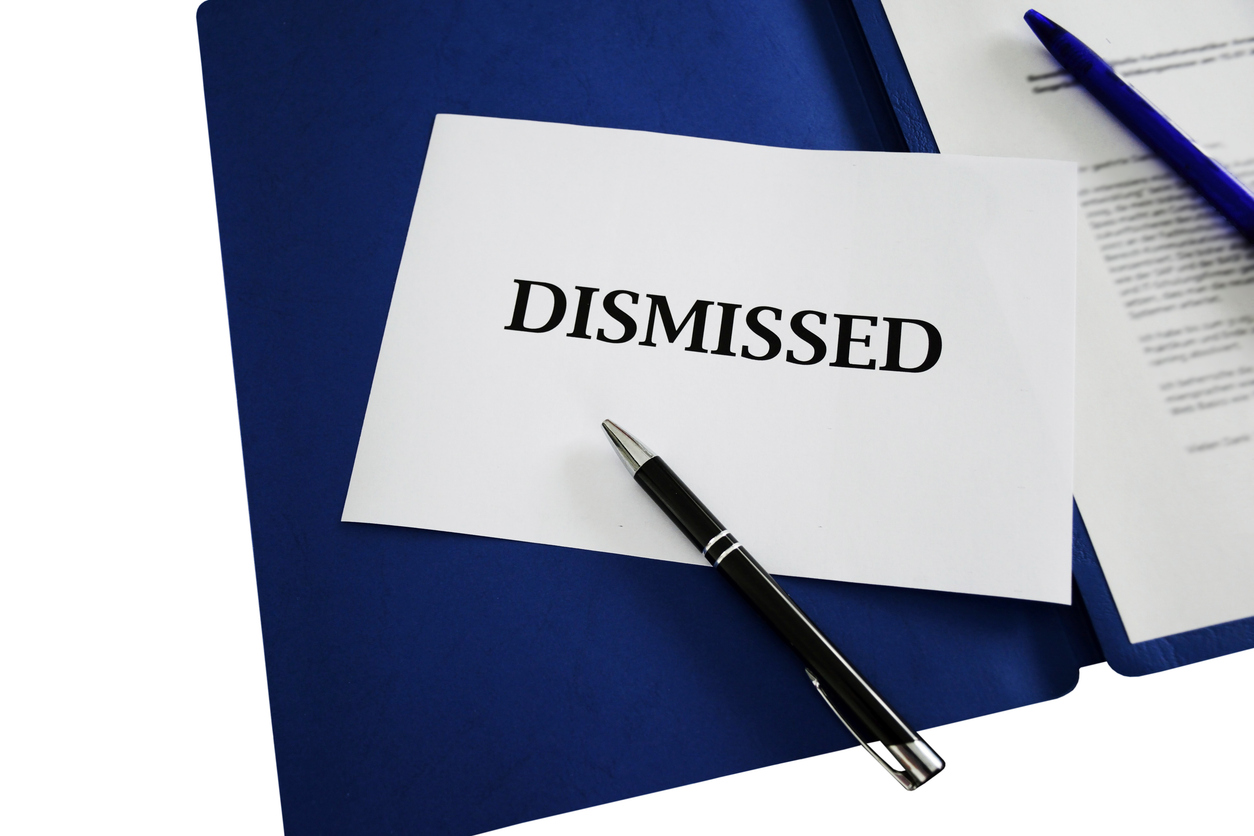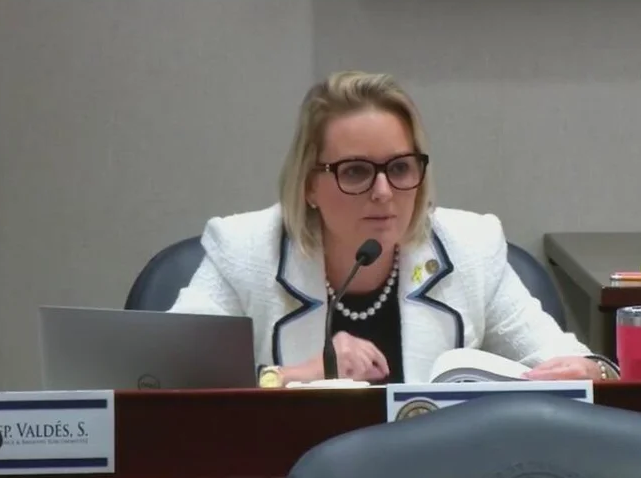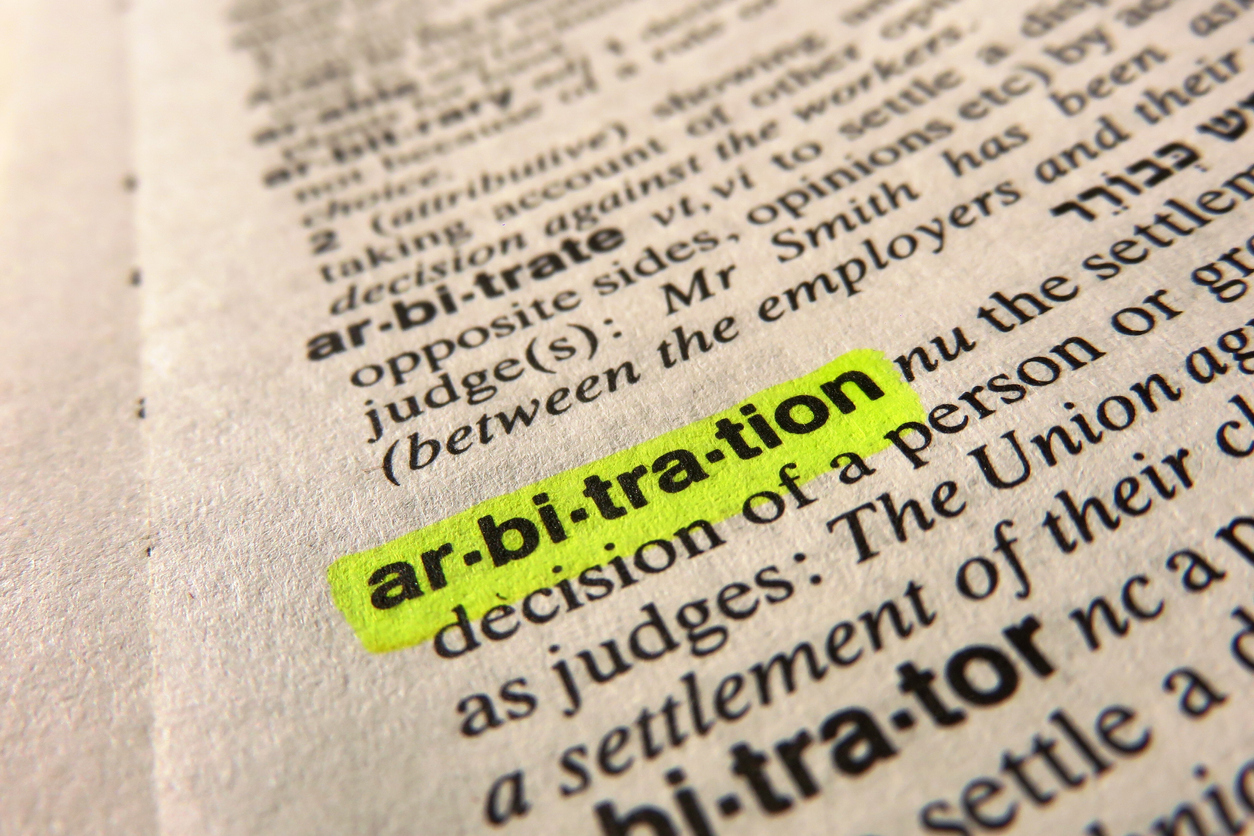The latest development in the Tower Hill lawsuit against Florida roofer Ricky McGraw and his affiliated entities is a significant one. The Circuit Court of the Nineteenth Judicial Circuit in Martin County, Florida, has dismissed Tower Hill’s third amended complaint, citing procedural and substantive deficiencies. 1 This ruling represents another twist in a legal battle that has already garnered considerable attention within Florida’s insurance, roofing, and restoration industries. I wrote about this case and the one-hundred-page complaint last year in Update on Tower Hill Lawsuit Against Florida Roofer Ricky McGraw.
Tower Hill attempted to bundle the claims of five separate insurance companies into a single lawsuit, but the court found this approach improper. The judge ruled that each insurer’s claims are independent and must be filed separately. As a result, Tower Hill must now sever the case into five distinct lawsuits, each with its own complaint and filing fees. While this ruling does not address the merits of Tower Hill’s allegations, it does impose significant logistical and financial burdens on the plaintiffs, potentially weakening their overall litigation strategy.
Beyond procedural issues, the court also found substantive flaws in Tower Hill’s third amended complaint. Florida follows a fact-pleading standard, meaning plaintiffs must allege specific details supporting each cause of action rather than relying on broad accusations. The court ruled that Tower Hill failed to meet this requirement, particularly in its claims under Florida’s Deceptive and Unfair Trade Practices Act (FDUTPA), the state’s Racketeer Influenced and Corrupt Organizations (RICO) Act, and common law fraud.
One of the court’s main criticisms was that Tower Hill failed to specify essential details about the allegedly fraudulent insurance claims. The complaint referenced 215 separate claims but did not clarify which insurer handled each claim, the amounts involved, whether they were paid or litigated, or how they were allegedly fraudulent. The lack of specificity undermined Tower Hill’s ability to establish the required elements for fraud and RICO violations.
The insurance fraud claims were also dismissed because Florida law requires a criminal adjudication of guilt before an insurer can sue for insurance fraud. Tower Hill’s complaint did not allege that any of the defendants had been criminally convicted of insurance fraud, making these claims legally insufficient. The court has given Tower Hill twenty days to amend its complaint if it can correct these deficiencies.
This ruling does not clear Ricky McGraw and his associates of wrongdoing, nor does it suggest that Tower Hill’s allegations lack merit. Allegations are one thing, and proof is something entirely different. However, it does highlight the challenges insurance companies face when pursuing large-scale fraud claims. The requirement to sever the lawsuit into five separate cases adds complexity and cost, while the need for greater factual specificity forces Tower Hill to present a more detailed and substantiated argument if it hopes to prevail.
The implications of this ruling extend beyond this particular case. It serves as a reminder that courts will not allow parties to lump together claims without careful attention to procedural rules. For Florida roofers, public adjusters, and attorneys, this case remains one to watch, as its outcome could influence future disputes between insurers and contractors over post-storm claims.
As this legal battle continues, it remains to be seen whether Tower Hill will be able to successfully refile its claims in a way that satisfies the court’s requirements. If history is any guide, this case is far from over, and its eventual resolution could have lasting effects on Florida’s insurance and construction industries.
The attorneys representing both sides are excellent. I will provide any significant updates as this case moves along.
Thought For The Day
“A lawsuit is like a pig; it’s no good until it is well hung.”
– Proverb
1 Tower Hill Signature Ins. Co. v. SFR Services, No. 2020-CA-000409 (Fla. Cir. Ct. – Martin Mar. 26, 2025).




